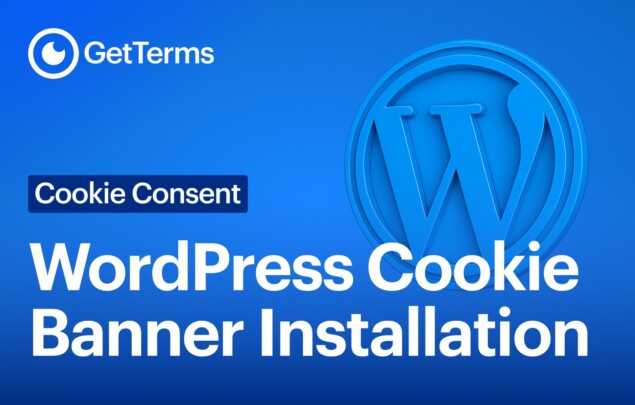How to Add a Cookie Banner to a WordPress Website
Read our guide on how to add a cookie banner to a WordPress website

Create a GDPR-ready Privacy Policy, Terms & Cookie Banner in under 5 minutes.

The need for efficient legal agreements has reached its peak. With the rise of AI technology, there’s a huge possibility of simplifying this process. However, can AI truly deliver on this possibility? In this article, we will explore and try to uncover the rise of AI in legal drafting, the pitfalls of AI-generated agreements, ChatGPT, and more.
Create your tailored Terms and Conditions & more in 5 minutes
Get StartedAs businesses strive for efficiency and scalability, AI has emerged as a promising solution for streamlining legal drafting processes. With platforms like ChatGPT, the potential to automate the creation of legal agreements has become a reality. However, while the allure of AI is undeniable, its limitations in precision and expertise must be carefully considered.
Despite the promise of efficiency, AI-generated agreements come with their fair share of pitfalls. While AI can provide a general framework, it often falls short in terms of precision, legal compliance, and customization. Navigating the complex legal landscape requires human expertise and a deep understanding of both business operations and legal requirements.
ChatGPT has its strengths, but it’s not always the best fit for creating detailed and tailored Terms and Conditions tailored to specific businesses. It often relies on basic templates that don’t fully capture the unique aspects or specialties of individual businesses, like the following instances:
That said, it’s crucial to recognize that while ChatGPT is a powerful tool, it’s not a substitute for human expertise and customization when it comes to legal documents like Terms and Conditions. As business owners, we must realize that Terms and Conditions are more than just legal jargon. They represent your brand, outline your operational guidelines, and show your appreciation for your customers. While using generic terms generated by AI might seem convenient, they’re likely to overlook critical nuances that are specific to your business.
In response to the limitations of AI-generated agreements, specialized legal tools like GetTerms have emerged as viable alternatives. These platforms leverage human expertise to ensure precision, compliance, and customization in legal documents. By combining technology with human insight, businesses can access efficient solutions for generating legally sound agreements.
When it comes to selecting the right tool for legal drafting, businesses must weigh the pros and cons of AI-generated agreements versus specialized legal tools. While AI offers convenience and scalability, its limitations in precision and compliance may pose risks. By prioritizing accuracy and compliance, businesses can make an informed decision that aligns with their unique needs and priorities.
While AI like ChatGPT offers efficiency, it’s important to recognize its limitations in precision. Crafting robust legal documents demands a blend of technology and human insight. Though ChatGPT has strengths, its reliance on templates may overlook vital business nuances. Remember, the Terms and Conditions reflect your brand values. Alternatives like GetTerms leverage human expertise for precision and compliance. It’s about finding the right balance between technology and human insight. By embracing such tools, businesses can navigate legal complexities confidently.
GetTerms can simplify the complicated task of compliance and allow you to get back to business by addressing multiple items on your compliance checklist, including a cookie policy tailored to your business needs and generating cookie consent banners, we can help. Please take advantage of our services today. Use our terms and conditions generator.
Create your tailored Terms and Conditions & more in 5 minutes
Get Started